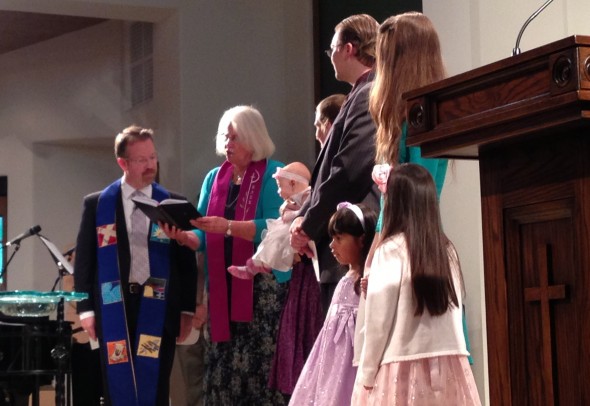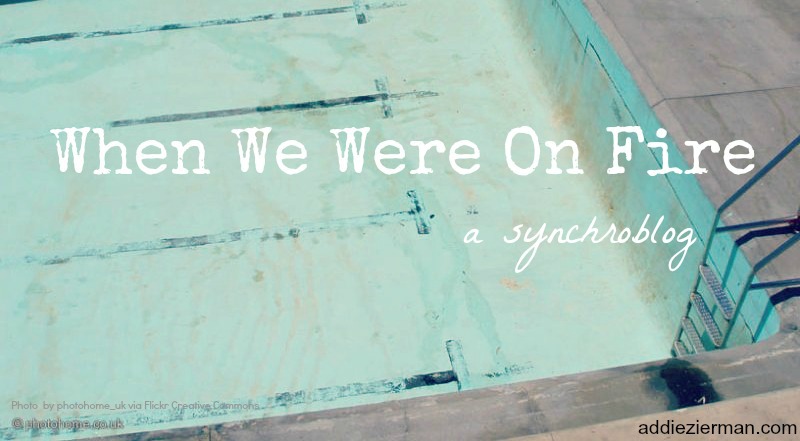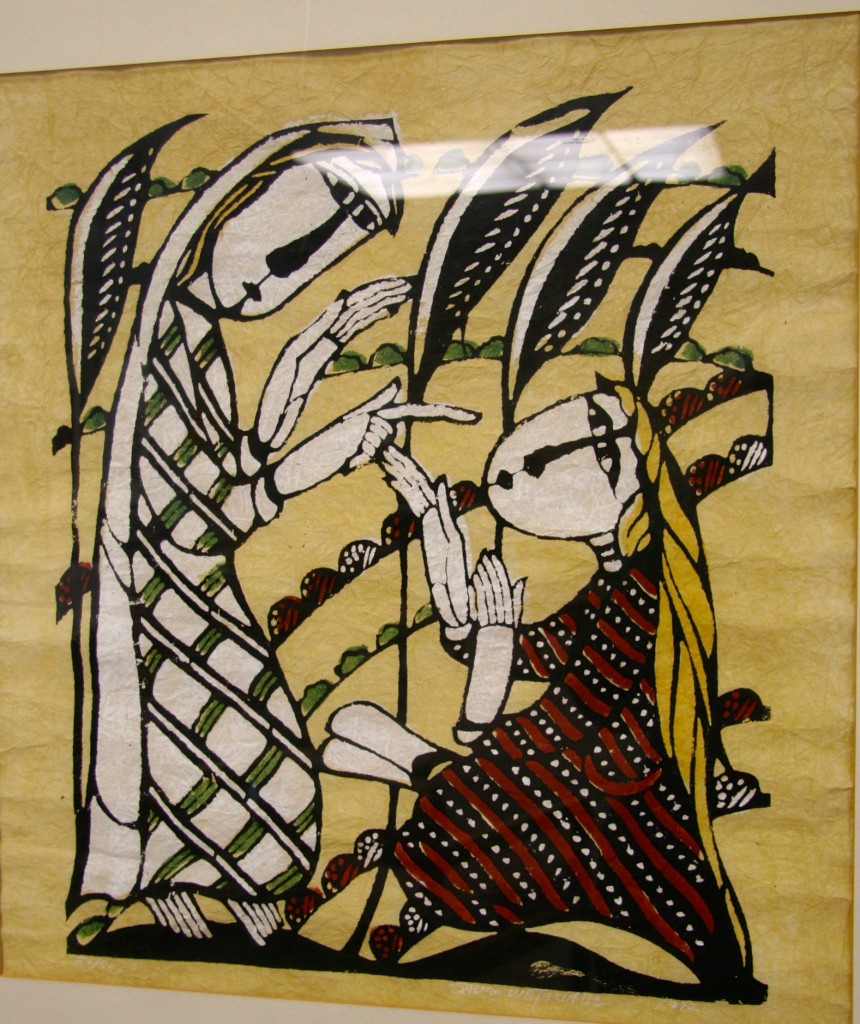+-+Version+2.jpg)
It is my honor to be posting in Rachel Held Evans’ series on Women of Valor today. Last month, I told you I would give you a link to this essay when it came up today, and I will do that in just a moment.
I submitted two essays to Rachel about mom – one outlined her wonderful life with a list of facts and tidbits. The second, which you will find if you click on this sentence came pouring out of me after I had submitted the first one. This is the one I believe the Holy Spirit wrote in me and it tells more than facts, it tells truth in so much love. I love my mom more than I can even begin to put into words – she has been an anchor in my life for all of these nearly 68 years. So watching her fade into this fog has been agonizing on many, many levels. But she is THERE still and some part of her always will be. And all of who she is, her story, her present, her future — all of it is held safely and lovingly by the Shepherd she has followed since she was a teenager. Thanks be to God.
I invite you to read more at Rachel’s place today. Thanks so much.
P.S. I was wrong! This is not the last essay in the series. It will continue until year’s end. Such a wonderful list of valorous women!!

![Pageflex Persona [document: PRS0000035_00015]](http://dianatrautwein.com/wp-content/uploads/2014/03/WAWIW-Official-Cover-1-e1396316443335.jpg)
![Pageflex Persona [document: PRS0000035_00015]](http://dianatrautwein.com/wp-content/uploads/2014/03/WAWIW_Back_Cover-e1396316485978.jpg)


































